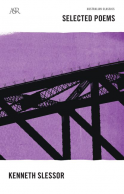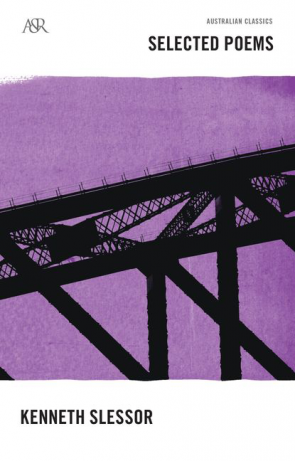Publisher's synopsis
The definitive collection of work from one of Australia’s preeminent twentieth century poets, Kenneth Slessor, drawing from his acclaimed books, Earth Visitors (1926), Cuckooz Contrey (1932) and Five Bells (1939).
This selection was first published as One Hundred Poems in 1944 (with the addition of three further poems in 1957), and includes an introduction by Dennis Haskell and an Author’s Note.
From his historical series, ‘Five Visions of Captain Cook’, to his memorial to the loss of a friend, the iconic ‘Five Bells’, and from the tragic landscape of El Alamein, influenced by his stint as a war correspondent and made famous in ‘Beach Burial’, to the meditation ‘Out of time’, Slessor’s poetry continues to dazzle contemporary audiences.
A master of modern verse, Slessor explores the themes of art, death and time, displaying an impressive range: from sorrow to satire, melodrama to poignant intensity. His work still influences and inspires younger generations, and the prestigious Kenneth Slessor Poetry Prize is named in his honour.






